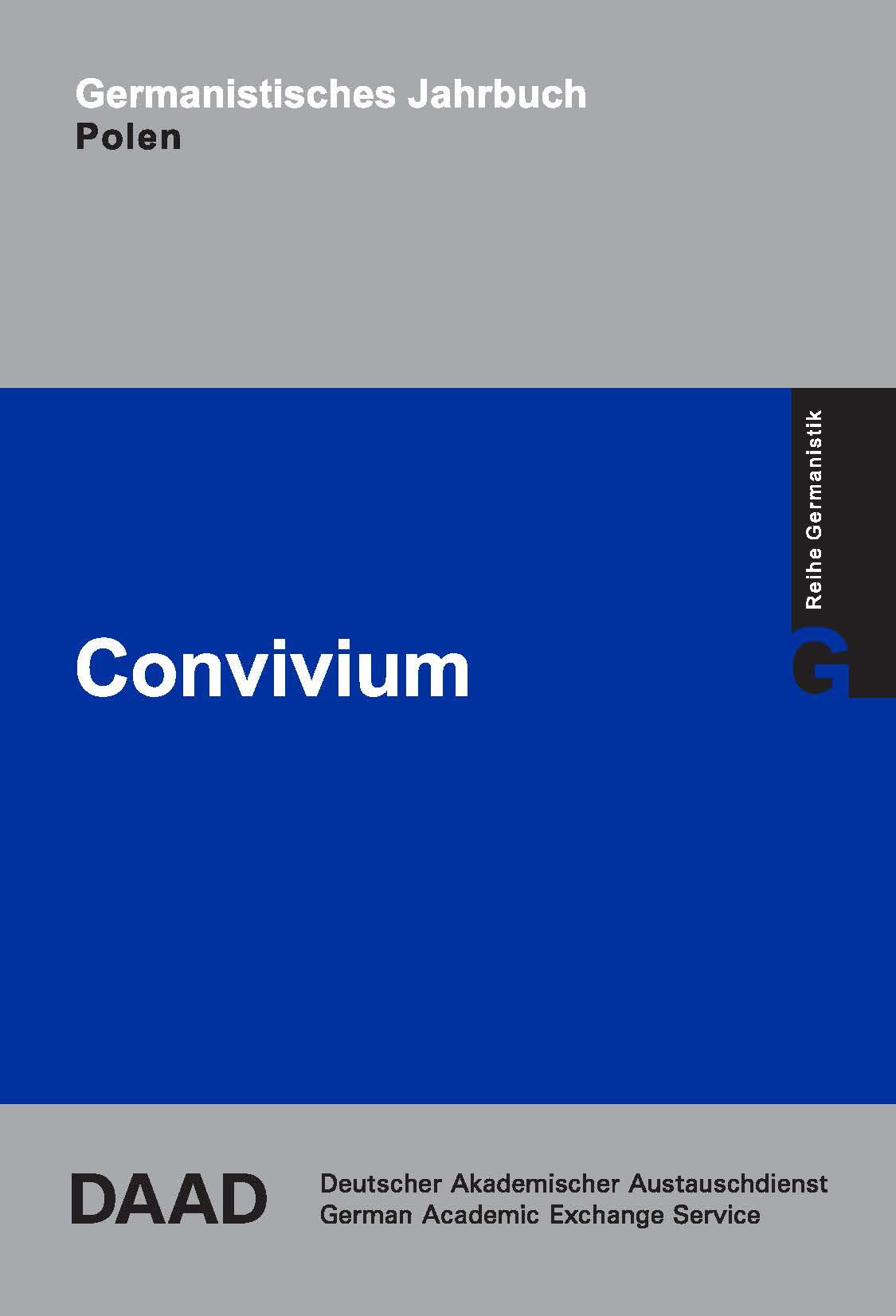„In Wirklichkeit war es so…“. Analyse der Erzählinstanz in Robert Neumanns Roman "Struensee. Doktor, Diktator, Favorit und armer Sünder"
„In Wirklichkeit war es so…“. Analyse der Erzählinstanz in Robert Neumanns Roman "Struensee. Doktor, Diktator, Favorit und armer Sünder"
Author(s): Aneta JachimowiczSubject(s): Studies of Literature
Published by: Wydawnictwo Uniwersytetu Łódzkiego
Keywords: Robert Neumann;Austrian literature; Exile literature;unreliable narrator; historical fiction
Summary/Abstract: Robert Neumann’s Struensee novel, written in exile in 1935, does not enjoy special recognition among researchers due to numerous content and historical errors. The aim of this analytical article is not to defend the novel against justified charges of literary scholars but to examine the function of the narrative which, at first glance, is the result of Neumann’s careless and hasty writing. Beginning with the thesis proposing that the novel features as unreliable narrator, the author of the paper carried out an in-depth analysis of the narrative trying to answer the question to what extent this type of narrative is part of the aesthetic, literary and philosophical discourses of the interwar period.
Journal: Convivium. Germanistisches Jahrbuch Polen
- Issue Year: 2015
- Issue No: 1
- Page Range: 191-215
- Page Count: 25
- Language: German

